Tag: exams
-
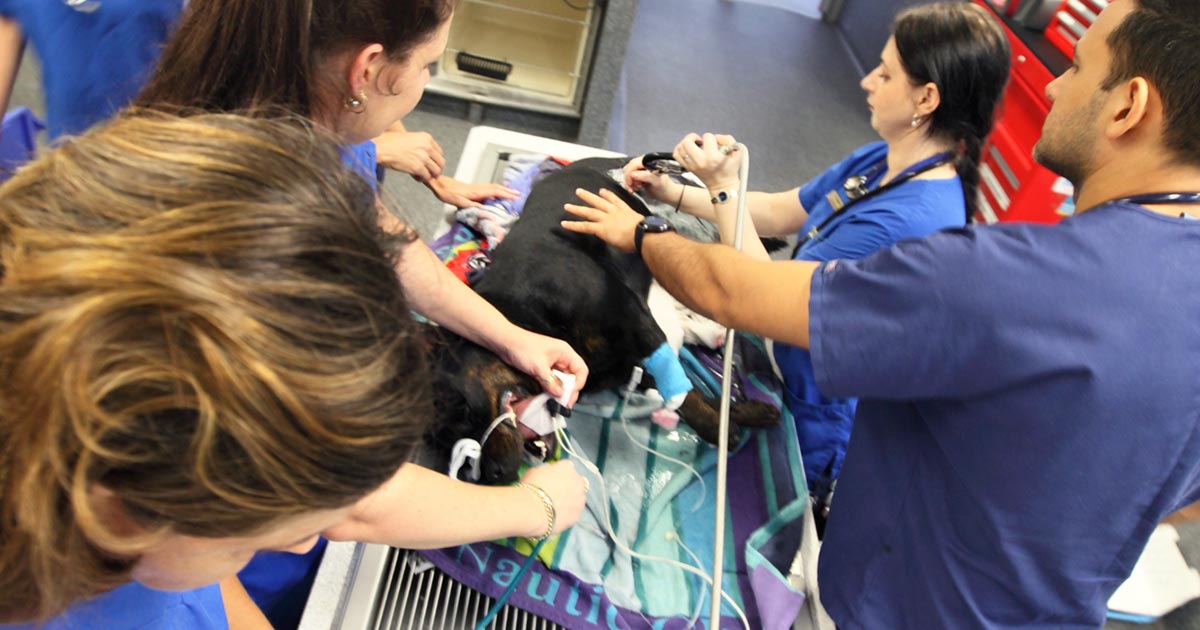
Triage, pt 2: secondary survey
—
by
Secondary survey refers to the detailed physical examination performed after the primary survey, and should only be performed once the patient has been adequately stabilised. It is always important to perform physical examinations systematically to avoid overlooking organ systems. This could be difficult in a stressful emergency situation, so one way to remind yourself is…
-

Do vets get a holiday?
—
by
I think the phrase “busman’s holiday” adequately describes a vet’s inability to leave work behind at work no matter how hard we try. It was on a recent holiday to Greece where this really hit home – not helped, most likely, by the fact I was on holiday with four friends who were also vets.…
-
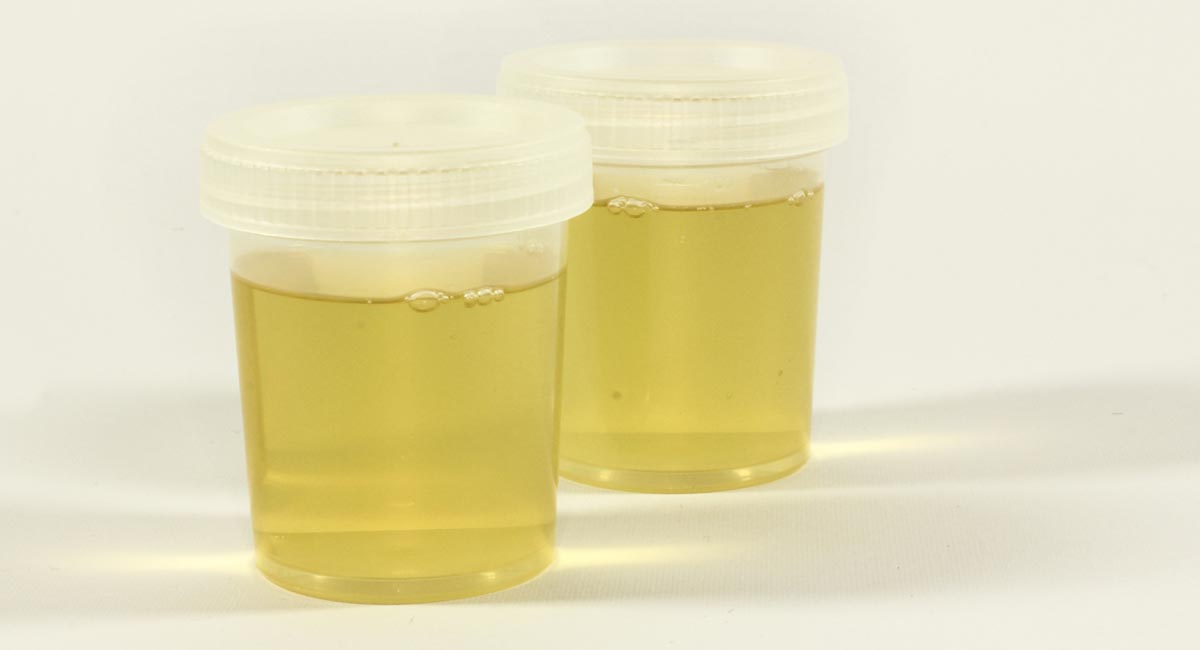
Urinalysis: the neglected test
—
by
Urinalysis is an important diagnostic tool in veterinary practice. It is indicated for any patient that presents with polyuria or urinary tract signs, but also a necessary test to perform in conjunction with serum biochemistry. Why do some clinicians fail to perform urinalyses even when they are indicated? Reasons include: clinicians not seeing the importance…
-
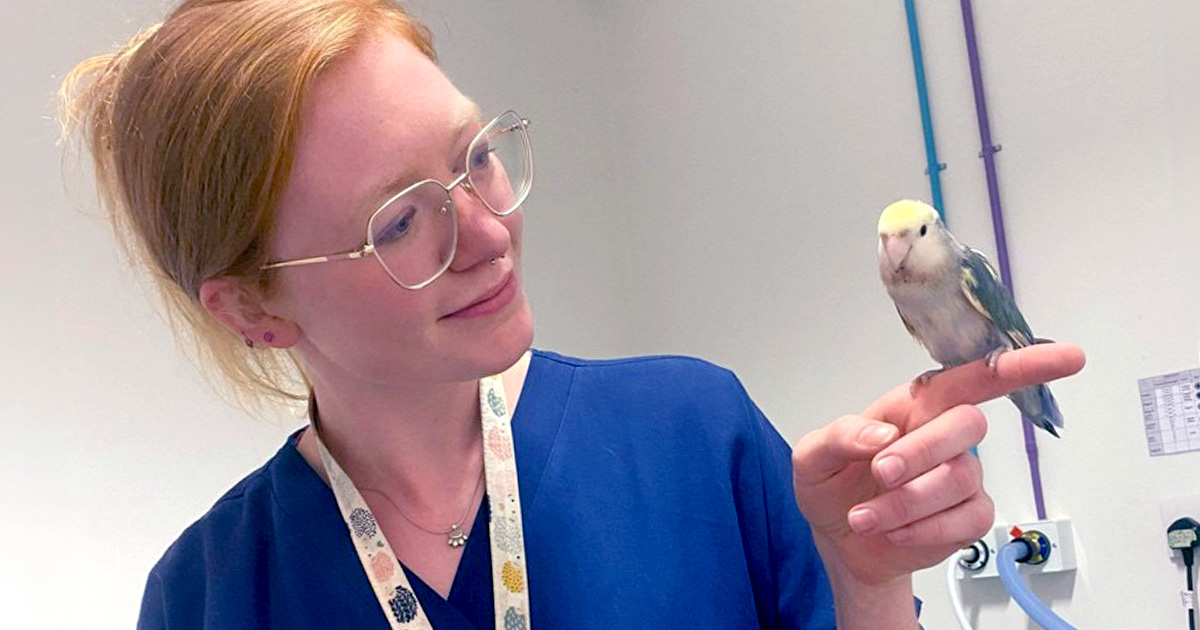
Avian anaesthesia
—
by
Did you hear about the grumpy owl with an upset stomach? He had irritable owl syndrome… Birds are a case of fight-or-flight (almost literally) for staff in the veterinary practice, especially when it comes to anaesthesia. Many will avoid due to a lack of experience, uncertainty, or a fear of the patient’s delicate nature, yet…
-
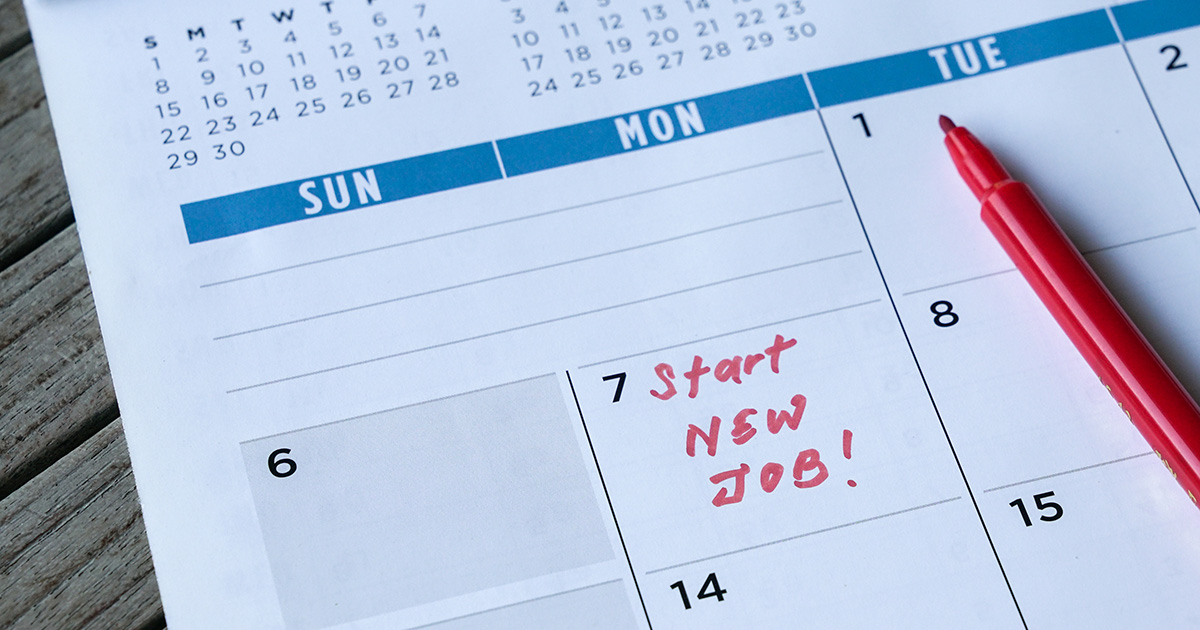
Tips for your first month as a new graduate vet
—
by
Your first real day as a vet, stepping through the doors of your practice for the first time, feels like it’s never going to come. But when it does, it’s exciting, its terrifying, it’s surreal and it’s overwhelming – all in one. Your university has likely done all it can to prepare you for these…
-
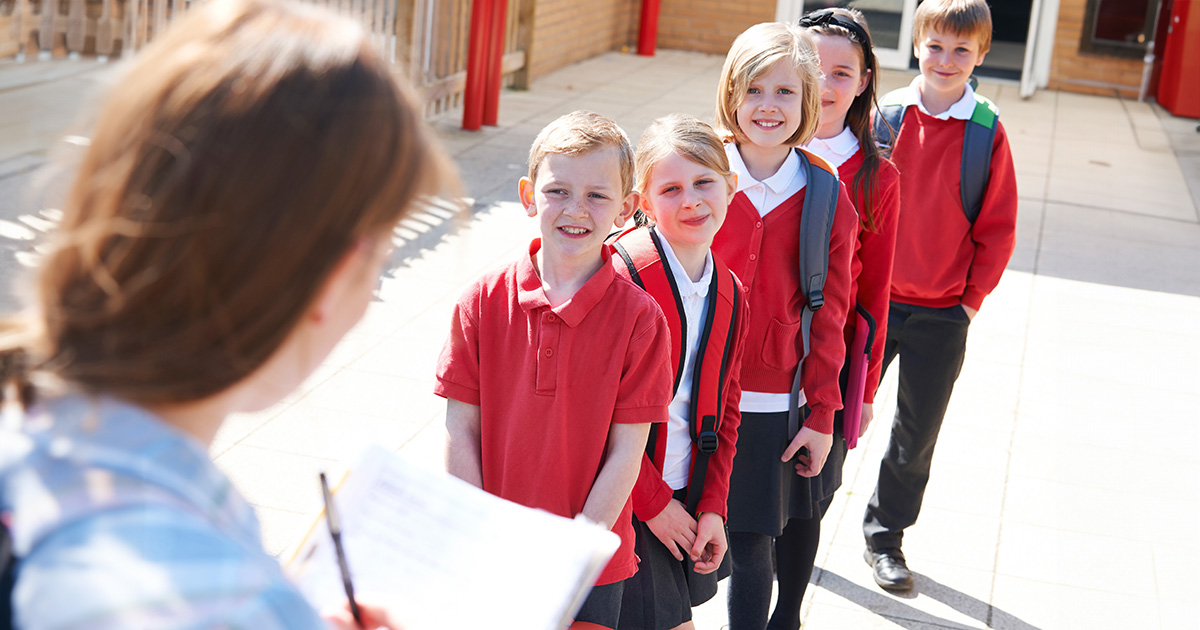
Taking the register
—
by
As RVN register renewals appear in our inboxes, my research on the early world of veterinary registration and the accuracy of the paperwork seems as relevant as ever. Registering with the RCVS is a great moment for vets and vet nurses – you’ve gained your qualification and have met the criteria to use the post…
-
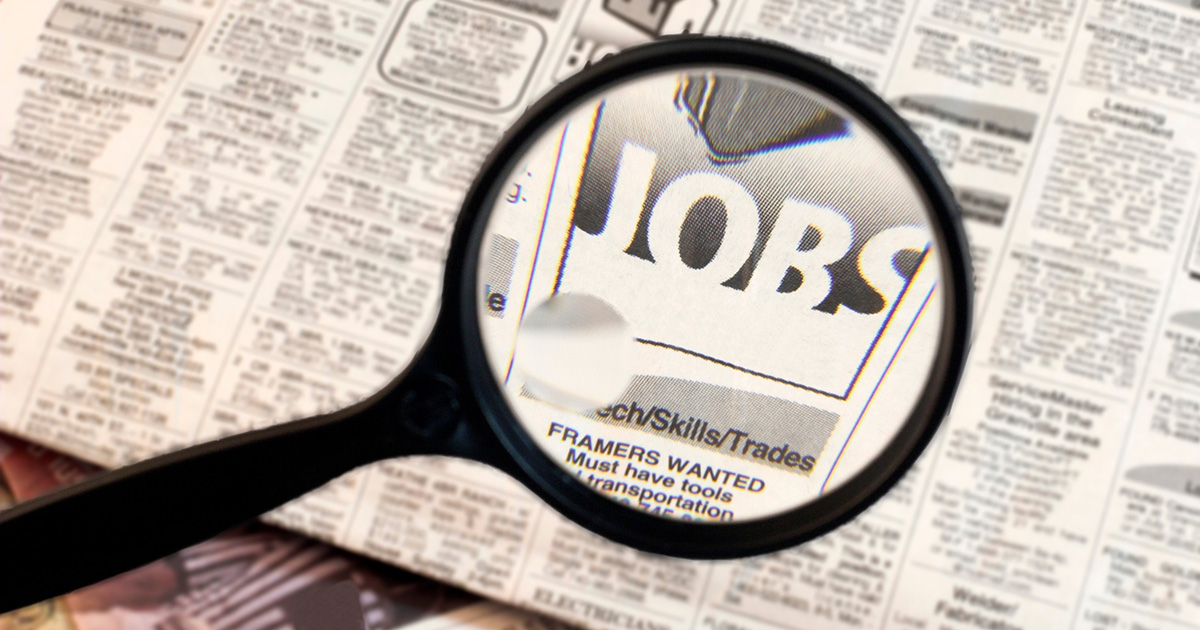
Job hunting as a new graduate
—
by
Never mind whether you’re in the middle of cramming for your final exams, or recently graduated, applying for your first job as a veterinary surgeon is a daunting task. There’s definitely a pressure that settles on the final year cohort around the new year to be the first one to find a job, or else…
-
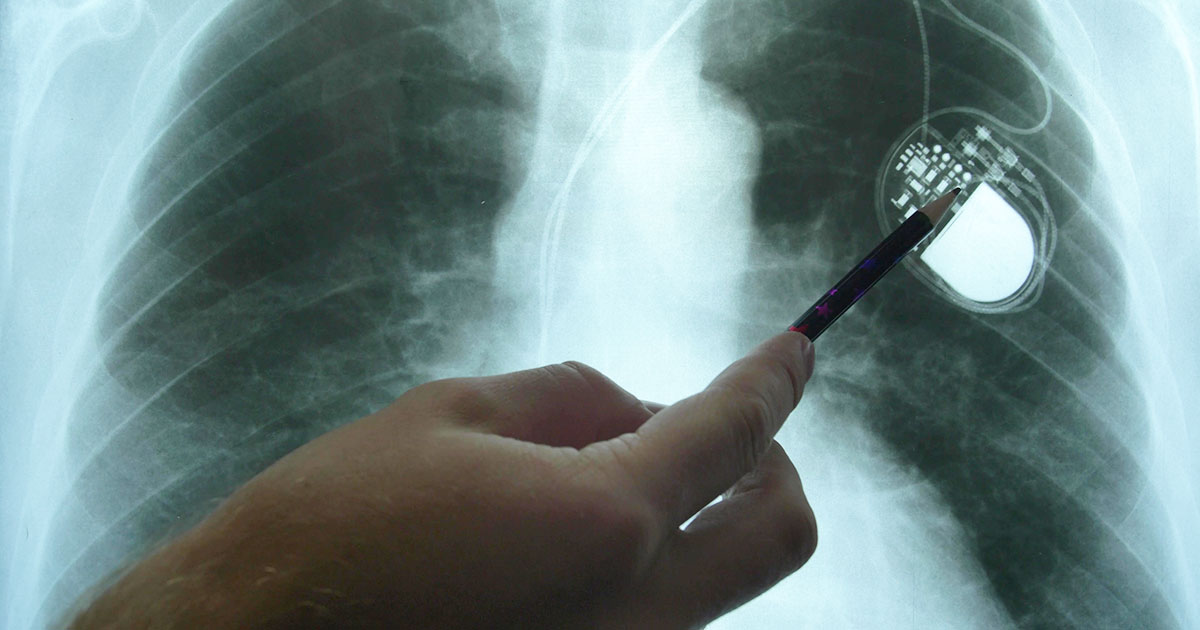
Recycling at the heart of things
—
by
As a PhD student you get access to placements that can expand on your skills. Many of these for historians like myself are in archives or publishing but they weren’t really for me. So, when the opportunity to be a researcher for the TV show Horrible Histories came up, I jumped at the chance, and,…
-
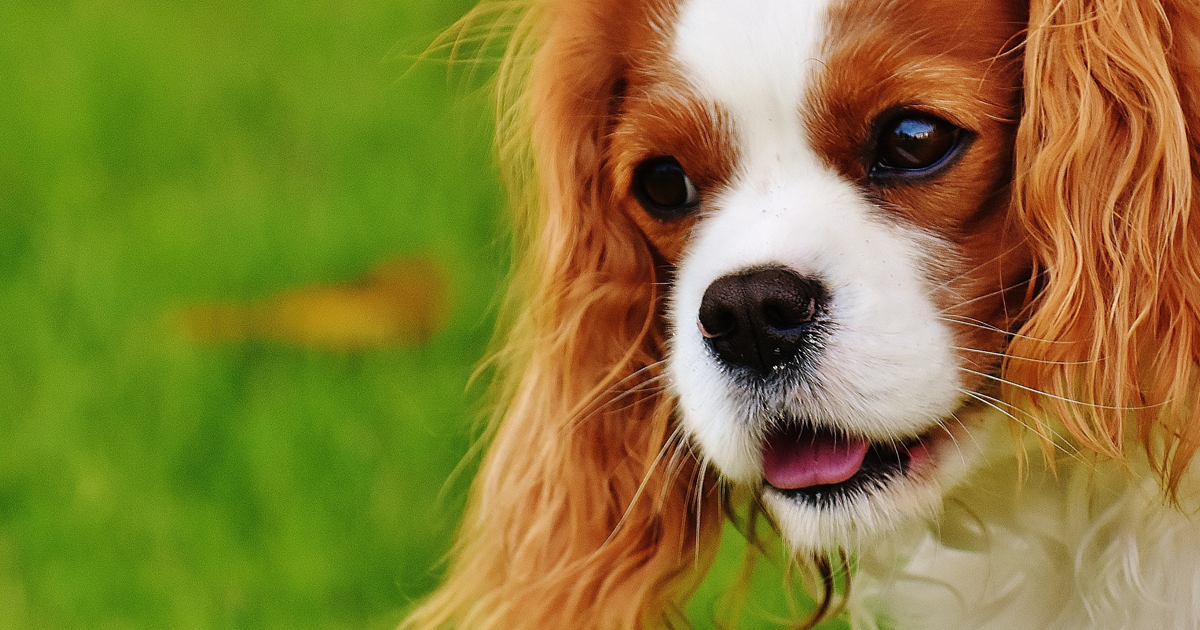
5 things I would tell my vet school self, part 1
—
by
We all sometimes wish we could go back in time or redo some situations. Often, when looking back with hindsight and more life experience, we wish we could have done things a little differently, or focused our time and energy in a better way. I have been reflecting and, while I am incredibly proud of…
-
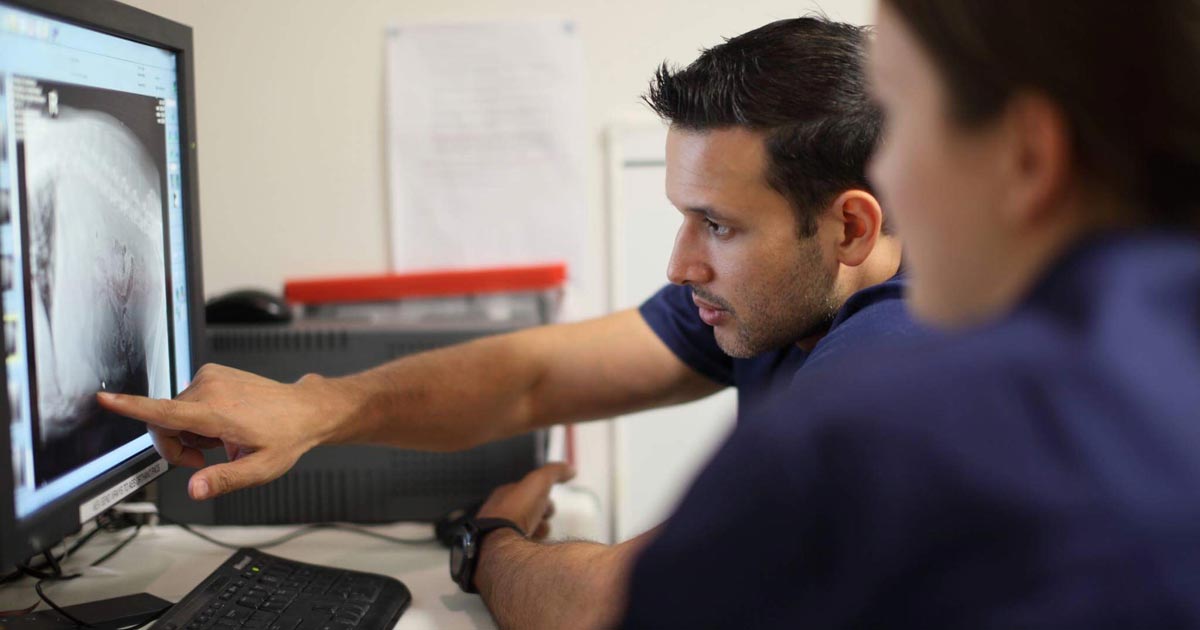
Tips for new graduates, part 2
—
by
Following on from last week’s tips for new graduates, here are my final two tips that resonate the most with me in my practice and as a coach. I hope they help with transitioning into practice. Systematic approach In my role as a mentor and coach, one of the most important concepts I instil or…